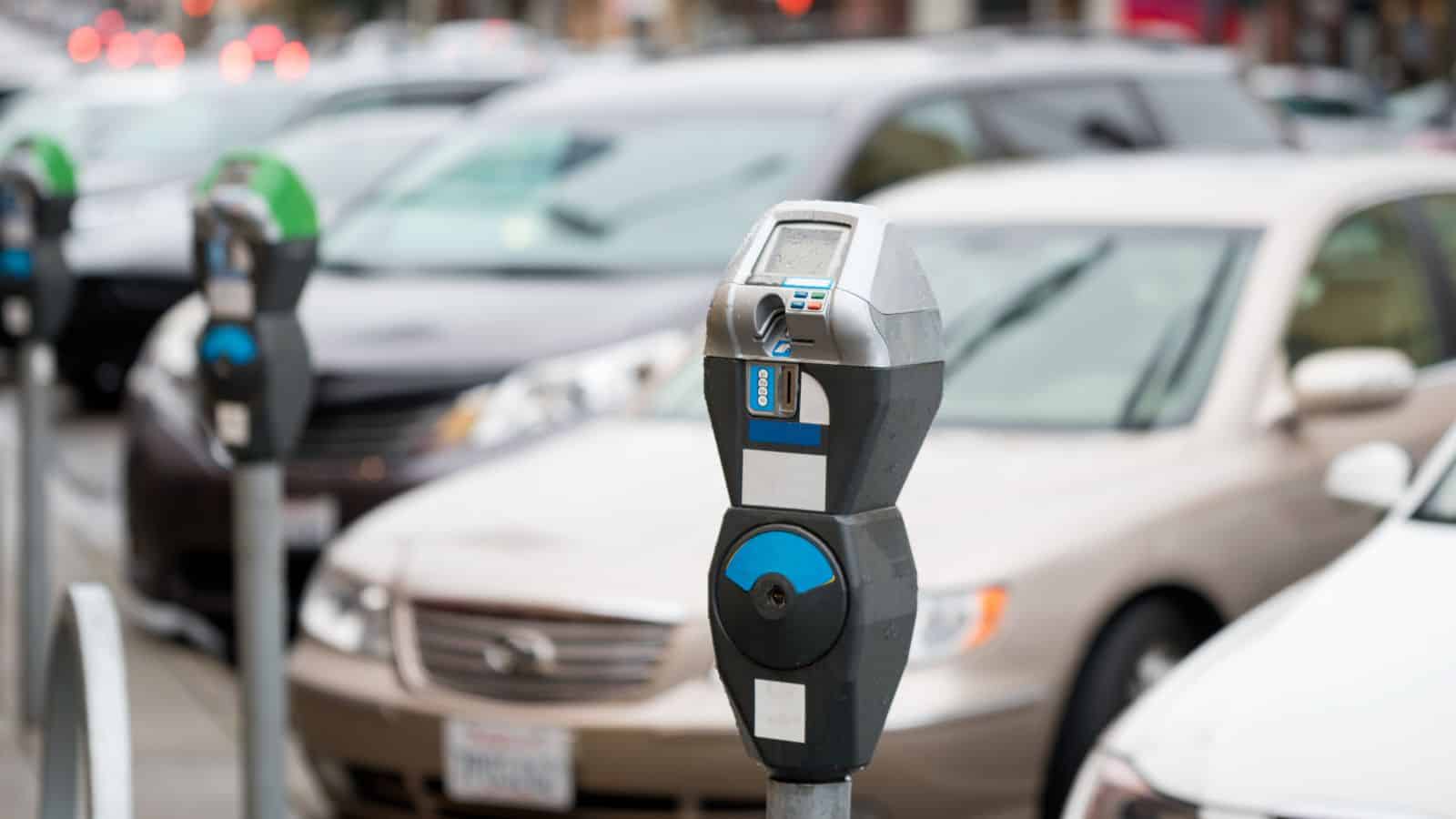People who grew up in households that did not have a lot of money do things in similar ways. If you do the 17 things listed in this article, you may have grown up poor and didn’t know it.
Price Knowledge

Do you know the prices of different grocery goods off the top of your head? Many people know the prices of the items they always buy so that they can look for the best deals and don’t end up paying more for them than they should.
Hand-Me-Downs

When you or your children stop wearing something, what do you do with it? If your first idea is to hand it down to someone rather than throw it away, you might have grown up in a household where there wasn’t enough money for everyone to have new clothes.
You Make a List

Do you always go shopping with a list? Buying random ingredients and fresh foods without having a meal plan leads to waste and only people with money to waste throw away food. Estimates from the USDA show that “In the United States, food waste is estimated at between 30–40 percent of the food supply.”
You Mend

What do you do when one of your socks gets a hole in it? Will you mend it or toss it? If you mend it, this might be a sign that you grew up in a home where economic resources were scarce. You would also replace a button when one fell off.
You Bulk Buy

Buying items in bulk and in large packets often works out cheaper than buying them in small packets. If you’re someone who always buys things in bulk and refuses to buy things in small packets, then you may have grown up in a poor household and have money-saving tactics engraved in your mind.
You Never Impulse Buy

Do you always stick to your list when you go grocery shopping? If you avoid buying things on a whim and never impulse buy, it may be because you grew up poor and your family did not have extra money on hand for unessential purchases.
You Avoid Corner Stores

According to Sky News, “Convenience shops like Tesco Express and Sainsbury’s Local are likely to cost consumers hundreds of pounds more a year.” Yes, everyone knows that shopping at convenience stores costs more, but they still shop at them. If you always avoid convenience stores, it may be because you grew up poor.
You Make Your Own Coffee

A cup of coffee from a café in the United States will set you back a couple of dollars a cup. If you grew up poor, you would never waste money on café coffee when you could make your own for a lot cheaper at home.
You Bring Your Own Water

Someone who grew up poor hates paying high prices for small quantities of things such as water. Bottled water in the U.S. costs a couple of dollars per bottle. To save yourself some money, you always bring your own water with you when out and about.
You Eat In

“Americans eat out approximately 4.2 times a week on average,” says Gitnux. But eating out instead of at home is a lot more expensive. If you always eat in and hate wasting money eating at restaurants, then it is likely you grew up poor and didn’t know.
You Bike or Walk

Do you have somewhere to go that’s not too far away? Is your first thought always to walk there or to take your bike rather than to drive? Then you might have grown up poor and you didn’t know. Public transportation and driving everywhere are expensive.
You Ignore New Releases

New smartphones are being released all the time, and many people feel like they need to have the latest model to be happy. But if you ignore new releases and are content with the cell phone you have, it may be because you grew up in a household where money was hard to come by.
You Use WiFi

Do you always connect to WiFi to send messages and make calls rather than using a data plan? Then you might have grown up in a family that didn’t have a lot of money. As a result, you are always trying to cut unnecessary expenses, such as data plans.
You Love Simple Pastimes

Figures from the New York Times show that “the average movie ticket cost $11.75 in 2022…. In New York, prices reach $28, depending on the format.” But if you grew up poor, the idea of spending more than $10 on a movie is simply ludicrous. You love simple pastimes such as walks through the park that are free.
You Avoid Debt

Do you make sure you pay off all your credit cards at the end of each month? Getting into debt and paying interest are two things you don’t want to do. The person who borrows is a slave to the lender and you live by that motto.
You Don’t Pay for Parking

Will you do anything to find a free parking space instead of paying? Then chances are, you grew up in a household that didn’t have a lot of money. You might be used to driving around looking for a free spot instead of leaving the car in the first paid parking spot you find.
You Don’t Buy Brand Names

Brand-name goods are always more expensive than generic goods. There are some good middle-of-the-range items that are just as good quality as brand-name goods, and these are the ones you buy. You always look for a mix of quality and value when shopping for clothes and other goods.
Read More: 15 Ways To Tell If Someone Is Not a Good Person

While it’s important to avoid quick judgments, certain behaviors can be strong indicators of a person’s character. Here are 15 ways to discern if someone might be a bad influence or possess harmful traits.
15 Ways To Tell If Someone Is Not a Good Person
Why People Aren’t Religious Anymore: 15 Simple Reasons

As society evolves, so does our approach to spirituality. This article looks at the subtle yet profound shift from traditional religious adherence to a more personal, evidence-based belief system.
Why People Aren’t Religious Anymore: 15 Simple Reasons
17 Things That Used to Be Highly Respected But Aren’t Anymore

Many things in the world used to be well-respected before turning into complete jokes for various reasons. An internet survey recently asked people, “What is something that was once highly respected but is now a complete joke?” Here are the top 20 answers:
17 Things That Used to Be Highly Respected But Aren’t Anymore
17 Fairy Tales That Are Now Considered Racist

While fairy tales weave magical narratives that span generations, many emerge from historical and cultural contexts tinged with biases. Hiding in many of these tales, racial undertones can be found. Let’s look at 17 fairy tales that have deeper implications.
17 Fairy Tales That Are Now Considered Racist
19 Untrue American Stereotypes That Are Widely Believed Internationally

Stereotypes and misconceptions can be misleading and frustrating, especially when they pertain to nationalities. Let’s explore and debunk some common myths about America, as shared by internet users.
19 Untrue American Stereotypes That Are Widely Believed Internationally

